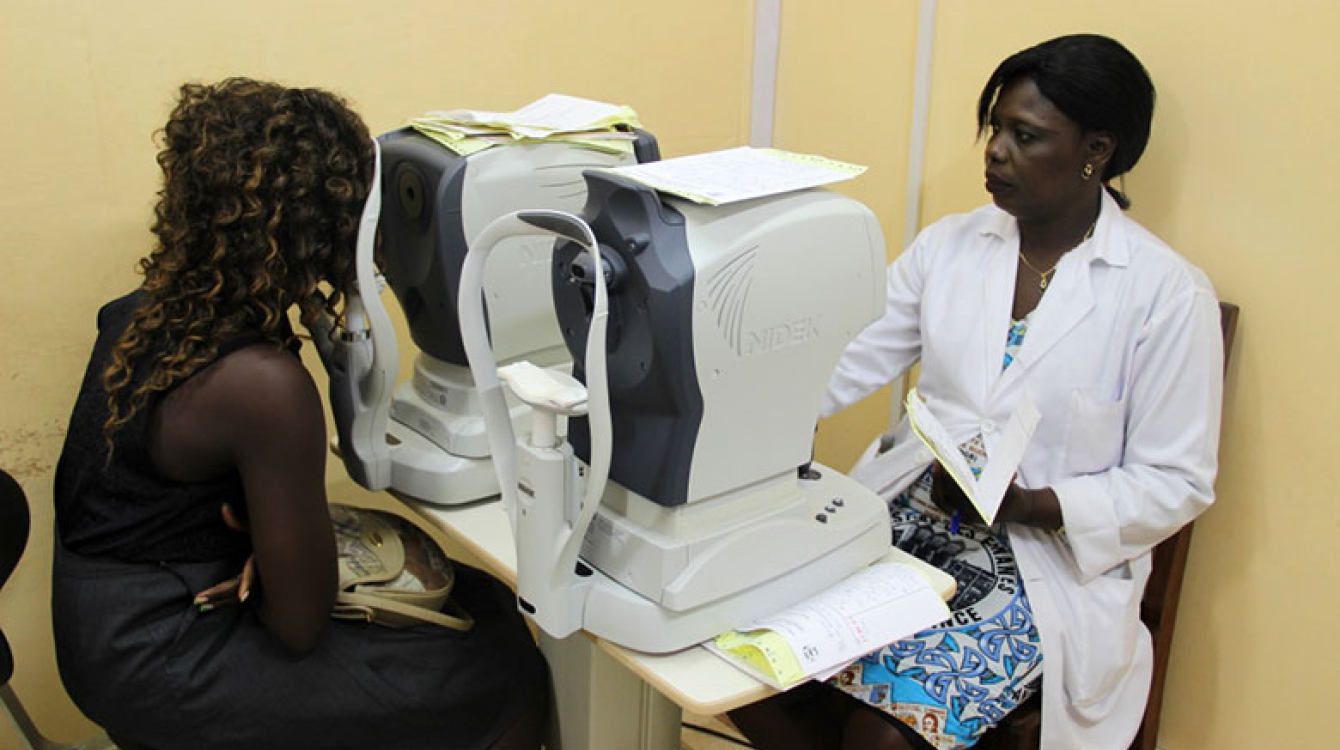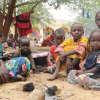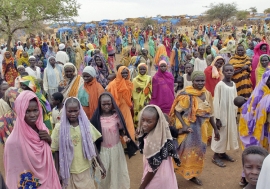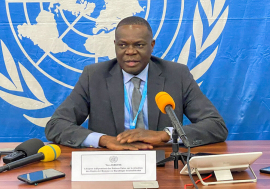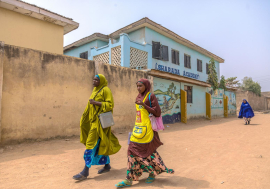Using Digital Technology to Improve Gabon’s Health Care
Using Digital Technology to Improve Gabon’s Health Care
STORY HIGHLIGHTS
eGabon aims to accelerate the development of eHealth services in Gabon
By digitizing Gabon’s health care system, residents will be able to benefit from better treatment, fewer duplicate diagnostic tests, less unnecessary hospitalization, and better diagnoses
The project will boost information and communication technology (ICT) skills for healthcare workers, with a focus on training women
LIBREVILLE, June 20, 2016 - In January 2016, the World Bank’s World Development Report (WDR) on Digital Dividends alerted the global community to the fact that while the internet, mobile phones and other digital technologies were spreading rapidly throughout the developing world, the anticipated digital dividends of higher growth had fallen short of expectations.
The report mentioned that, in a sector like health, digital technologies can promote inclusion, efficiency, and innovation. However to reap these benefits, digital tools must be complemented by effective country ownership, good governance, and strong institutional and human capacity.
The e-Gabon project, which aims to accelerate the development of eHealth services in Gabon, is the first to implement the recommendations of the 2016 WDR.
Gabon already boasts a fairly sophisticated information and communications technology base. It is a regional leader in e-government development and a leader in broadband. Now, with support from the World Bank, the country is trying to transform public health services. Putting health services online, experts say, will both improve basic care and improve efficiency. It will also create jobs and promote innovation by opening new ways of creating and managing people’s health care needs.
“The idea is to make the system more efficient,” explains Michel Rogy, a policy advisor on information and communications technology at the World Bank. “If we can have everything from prescriptions to health histories in a digital database, it will be easier to process and to share. We can also use technology to pinpoint potential health crises, and mobilize faster in the event that there is an outbreak in a rural area.”
The eGabon project consists of two major components:
The first will roll out a National Health Information System, improving access and making spending more efficient while improving the quality of care. This involves boosting information and communication technology (ICT) skills for healthcare workers, with a focus on training women.
The second addresses the broader economy, by promoting the development of content, apps, and services related to digitizing health information. The creation of a digital incubator in Libreville (the capital), and smaller-scale incubators in Port-Gentil (the economic capital) and Franceville (where the International Center for Medical Research (CIRMF) is located) are intended to spur the development of a digital innovation ecosystem. The goal is to increase the percentage of start-ups, with a focus on women-owned companies, and to create local digital content, applications and services. This also includes organizing hackathons and business plan competitions.
Employees and patients of the National Health System and those who work in Gabon’s digital economy would benefit the most from this project. The government of Gabon has focused on health care to showcase the potential for growth in e-services and to, quite simply, improve the current system. Gabon has not met its Millennium Development Goals in health and struggles to get value for money in its operations.
"The new system will improve the quality of health care in Gabon by providing physicians, nurses, and other health workers with the information needed to perform better diagnoses and treatment. It will also promote knowledge exchanges as information will be able to be shared more easily with other health professionals, contributing to improved continuity, efficiency, and timeliness," explains Dominic Haazen, Lead Health Policy Specialist and expert on health information systems at the World Bank.
Easier access to health services, at lower costs, and the widespread availability over mobile phones (including smartphones) of health apps will have an impact on the entire population. Experts argue that the changes will even have a major impact on the development of the digital economy in the country. Investments and interest in e-health has the potential to strengthen the local information and communications sector in Gabon, which in turn could generate new ideas and businesses, attract foreign investment, and create jobs.
In order to experience this positive transformation, Gabon will need to first secure better broadband networks and develop a well trained workforce, in addition to continuing the development of the system itself. Government intervention is crucial to address the follow issues:
lack of reliable connectivity outside major cities;
low investor confidence given the scattered population and its low disposable income;
weak workforce capacity when it comes to entrepreneurial, internet, and communications skills;
lack of appropriate legislative, financial, and data exchange frameworks that have encouraged the digital economies in Ghana, Kenya, Morocco, and Senegal.
For the average Gabonese resident, investments in online health care means “better health care, fewer duplicate diagnostic tests, less unnecessary hospitalization, and better diagnosis and treatment,” says Haazen. It could also mean a boost for the overall economy. For Rogy, “the hope is to create a ripple effect beyond health care and provide an example for the rest of sub-Saharan Africa.”


